Read our news and blog articles for expert perspectives on what’s new in the field.
ISAPP publishes news as well as scientific articles and opinions from experts across the field of probiotics, prebiotics, synbiotics, postbiotics and fermented foods. Search our archive to find the specific topic you’re looking for.
1-30 of 391 results
-

How do you know whether your gut microbiome is in good shape?
Scientists know gut microorganisms were interconnected with gut health and overall health in multiple ways. But how do you know if you have a healthy… -
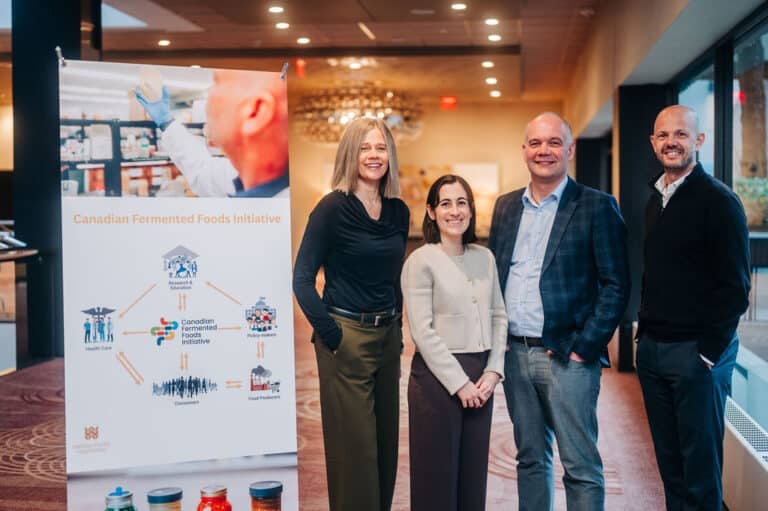
Canada’s Fermented Foods Initiative Hosts Inaugural Workshop: A Cross-Sector Conversation Begins
Toronto hosted the inaugural workshop of the Canadian Fermented Foods Initiative (CFFI), a new effort designed to support and advance research, education and innovation on… -
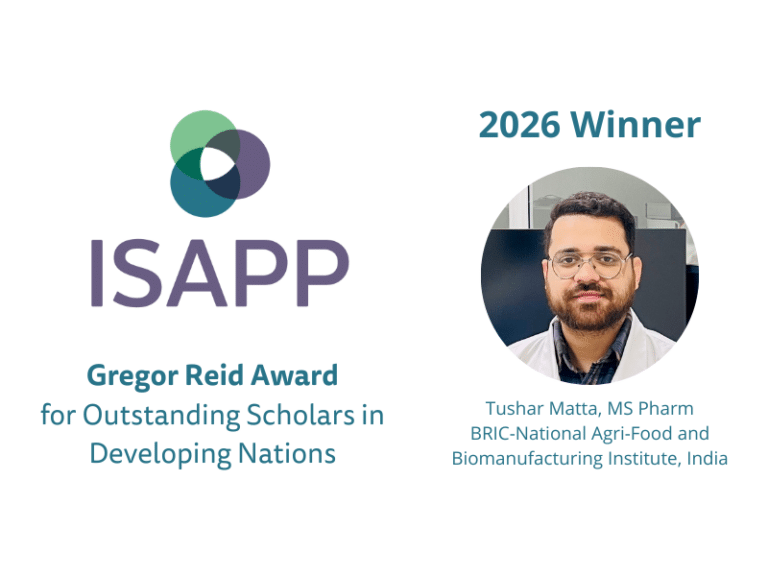
2026 Gregor Reid Award for Outstanding Scholars in Developing Nations Goes to Gut-Brain Researcher Tushar Matta, MS Pharm
The selection committee for the Gregor Reid Award for Outstanding Scholars in Developing Nations has announced this year’s winner: Tushar Matta, MS Pharm. -
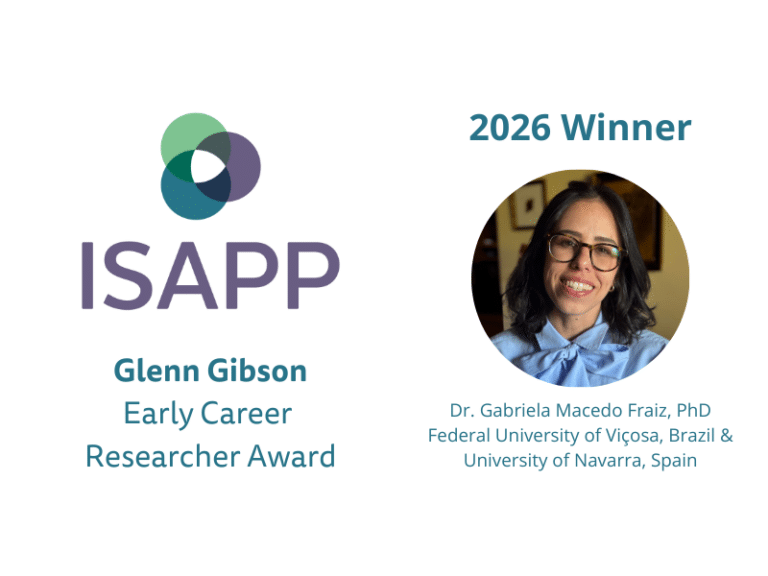
The 2026 Glenn Gibson Early Career Researcher Award Recipient is Fermented Foods Researcher Dr. Gabriela Fraiz, PhD
The award committee for the 2026 Glenn Gibson Early Career Researcher Award is pleased to announce this year’s winner: Dr. Gabriela Fraiz, PhD, a nutritional… -
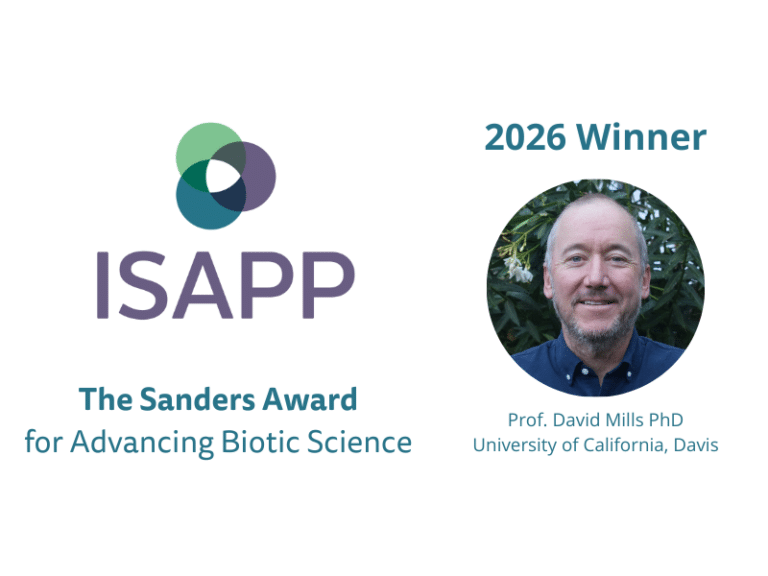
2026 Sanders Award for Advancing Biotic Science Given to Prof. David Mills of UC Davis
The ISAPP board of directors is pleased to announce the selection of the winner of the 2026 Sanders Award for Advancing Biotic Science: Prof. David… -
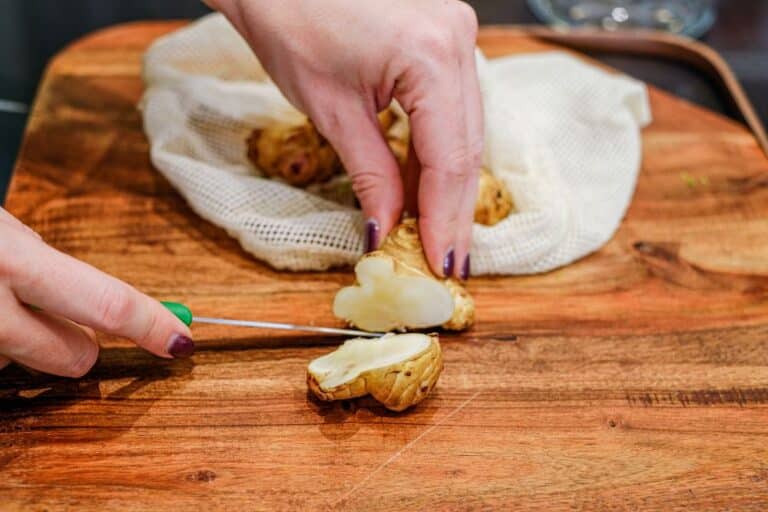
What happens when you eat fiber, and why you should eat more
In recent years much research has been done determining that the products of a healthy gut microbiota also have health benefits way beyond the gut. -
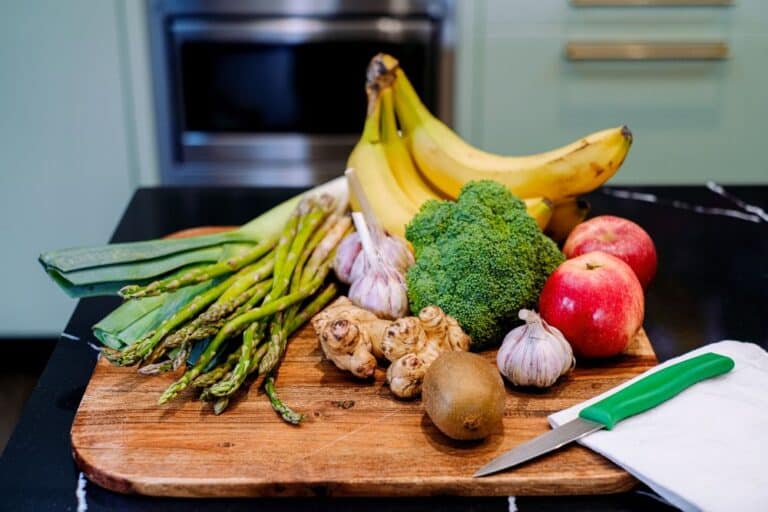
Modeling the nutrient niche to boost biotic consistency and efficacy
Two recent studies used advanced computational approaches to conclude that nutrients are among the most important determinants of an intestinal microbial community’s response to challenges. -
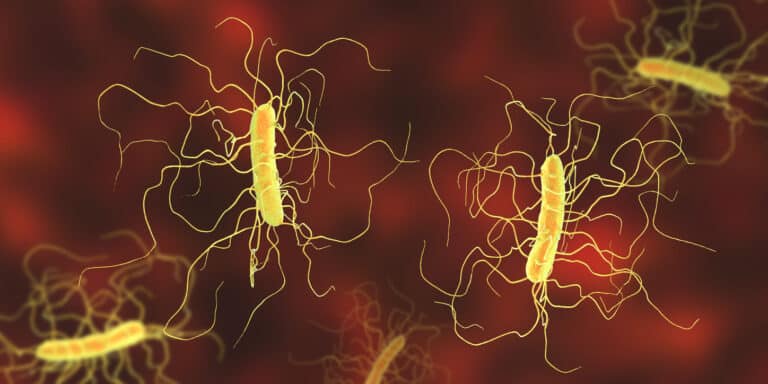
Emerging clinical insights into C. difficile infection from gut microbiota research
In recent years the clinical status and spectrum of C. difficile infection have shifted. The prevalence of this infection has risen sharply. Along with changes… -

ISAPP welcomes two new scientists to its board of directors
The ISAPP board of directors is pleased to welcome two prominent scientists and frequent ISAPP collaborators to its ranks: Prof…. -
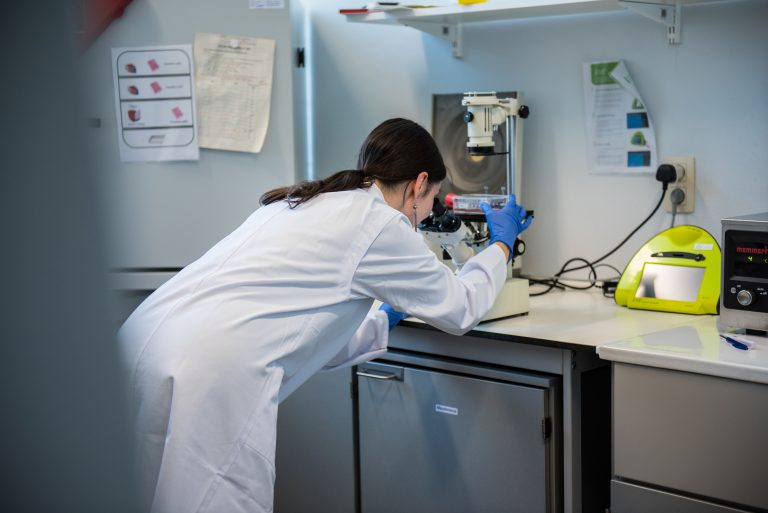
Microbiome endpoints in clinical trials for biotics – where do we stand and what have we learnt?
I’m sure you’ve read the results of trials similar to these (fictional) conclusions: ‘Our findings showed an increase in Faecalibacterium and Enterococcus, two… -
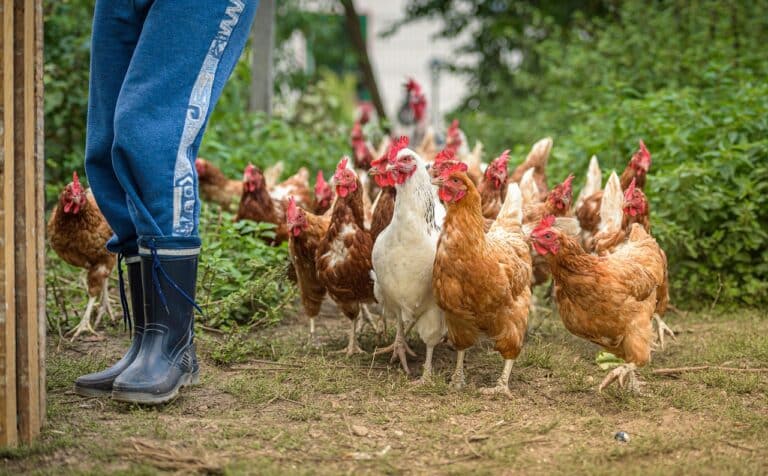
Five points to know about biotics for animals, from an ISAPP-led paper
A group of animal health experts, comprising academic and industry member scientists convening at the 2023 ISAPP annual meeting, reviewed the evidence on biotics for… -
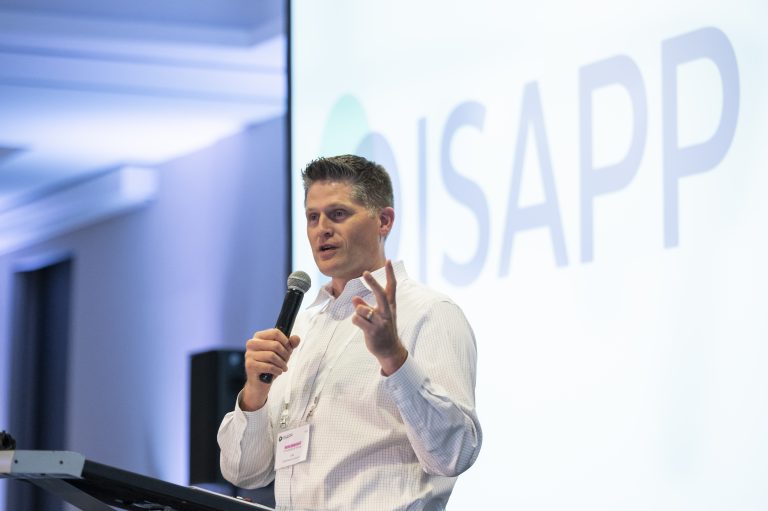
ISAPP Board Scientist Honored by American Society for Nutrition as Inaugural Fellow
Prof. Kelly Swanson PhD from the University of Illinois Urbana-Champaign, a nutrition scientist from the ISAPP board of directors, has… -
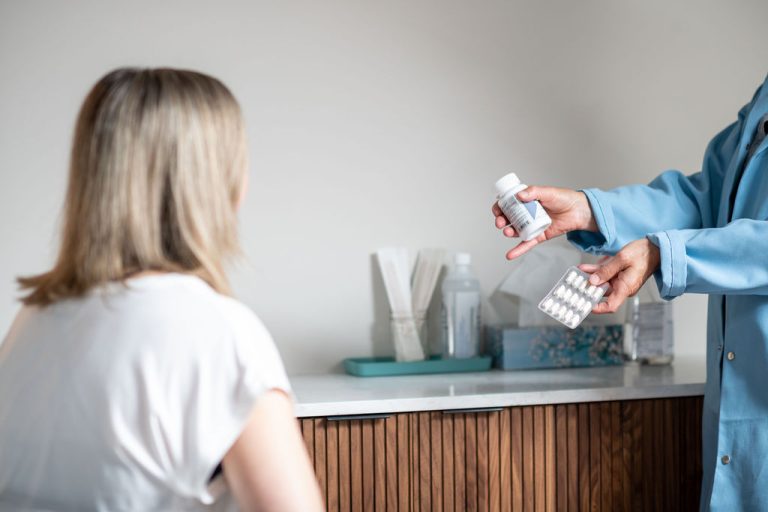
Exploring resources to inform probiotic recommendations: New UK Probiotic Guide Released
Well-informed healthcare professionals know the importance of recommending evidence-based probiotic products to their patients to achieve specific health benefits. But… -
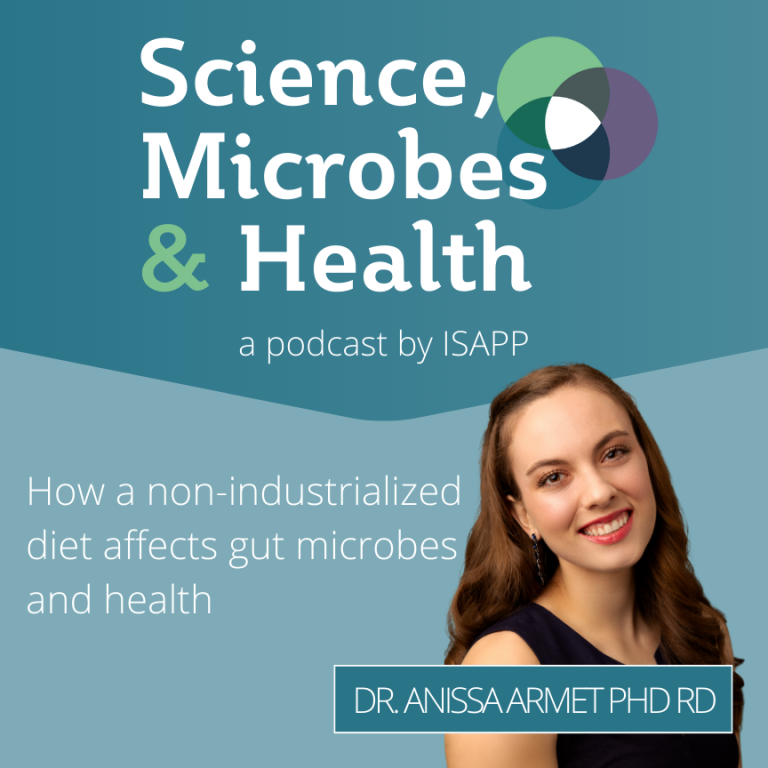
How a non-industrialized diet affects gut microbes and health, with Dr. Anissa Armet PhD RD
This episode features Dr. Anissa Armet PhD RD from the University of Alberta in Canada, speaking about the impact of… -

New paper summarizes current findings from global research on the vaginal microbiota
Knowledge about the vaginal microbiota is important for women’s health worldwide, but the majority of the research to date has… -
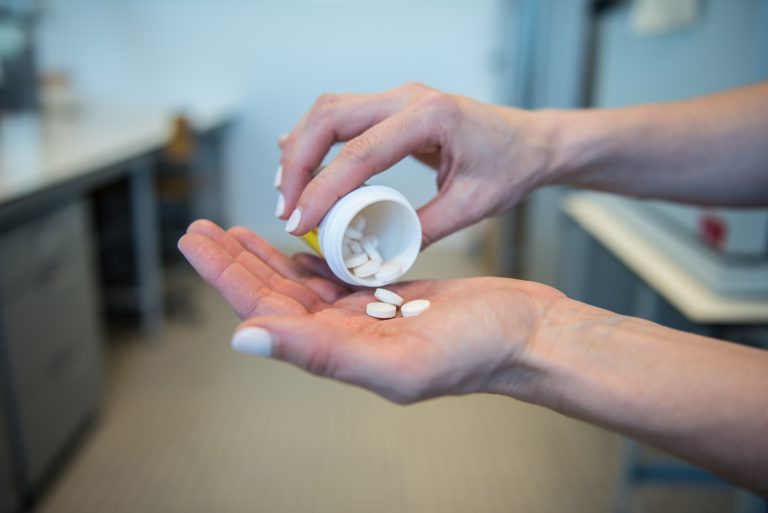
How to respond to the question “Should I take a probiotic?”
With contributions from Prof. Daniel Merenstein MD A Washington Post article published March 11, 2025 by a gastroenterologist addressed a… -

ISAPP’s President Elected to the American Academy of Microbiology
The President of the ISAPP Board of Directors, Prof. Maria Marco PhD, was among the elite group of scientists elected… -
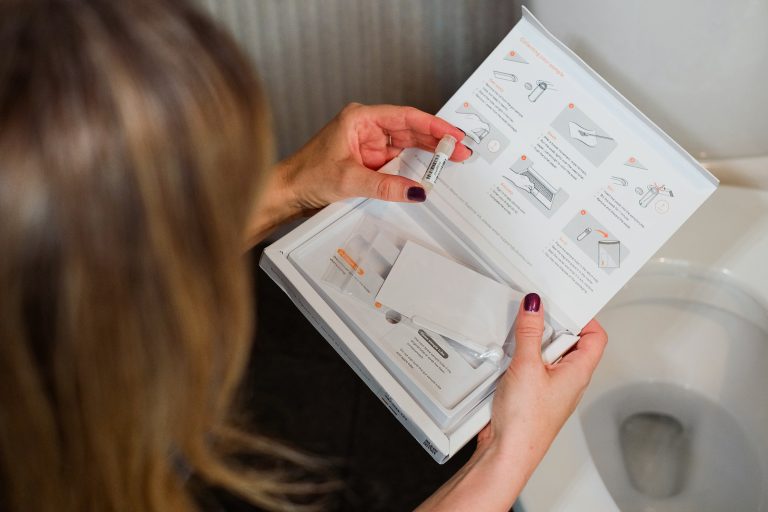
The Promise of Personalized Medicine
While the existence of responders and non-responders are evident in any clinical trial, today’s forward thinkers envision the next logical… -

Researcher in Cameroon Dedicated to Women’s Health Receives 2025 Gregor Reid Award for Outstanding Scholars in Developing Nations
It is with great pleasure that the ISAPP board of directors announces this year’s winner of the Gregor Reid Award… -

2025 Glenn Gibson Early Career Researcher Award Goes to Researcher in China Focused on Probiotics for Brain Health
ISAPP is pleased to announce that the recipient of this year’s Glenn Gibson Early Career Researcher Award is Dr. Peijun… -
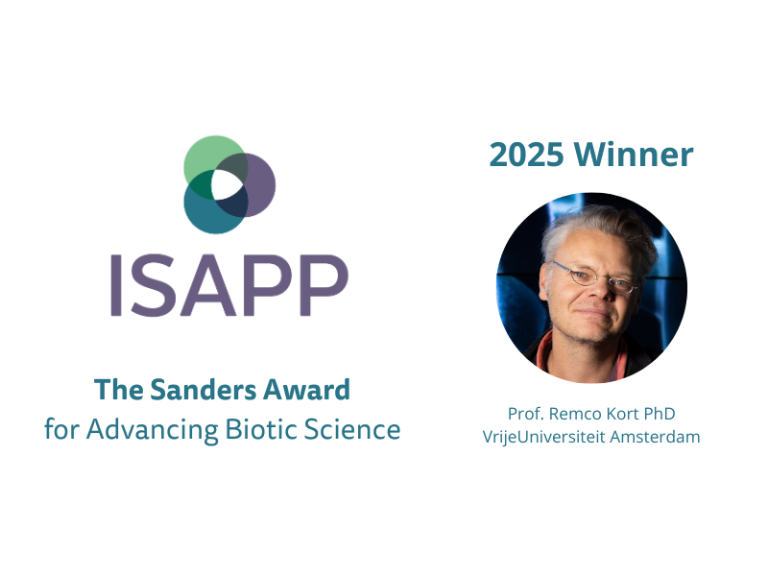
Dutch Microbiologist Passionate About Biotics Applications & Public Outreach Receives ISAPP’s 2025 Sanders Award for Advancing Biotic Science
The ISAPP board of directors is thrilled to announce the winner of the 2nd Sanders Award for Advancing Biotic Science:… -

2024 in Review: Important Advances in Biotic and Microbiome Science
By the ISAPP Editorial Team, with contributions from the ISAPP Board of Directors 2024 was another banner year in the… -
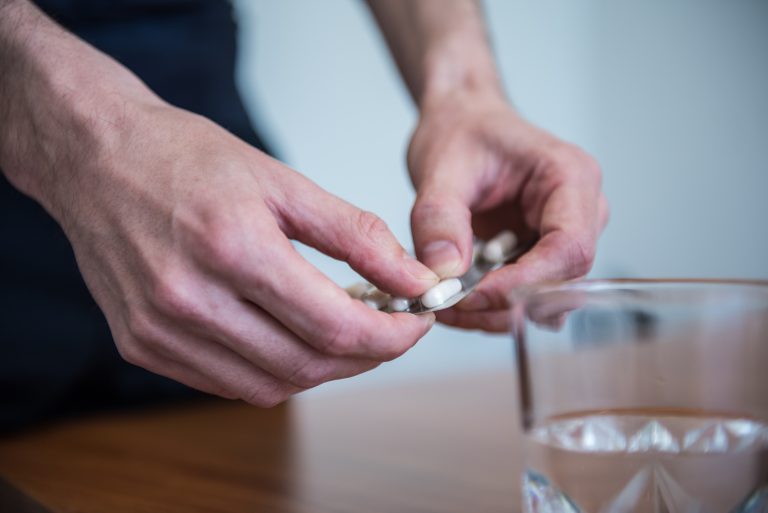
ISAPP panel concludes that more evidence is needed to determine whether probiotics help restore an antibiotic-disrupted microbiota
By Dr. Mary Ellen Sanders PhD, Mary Ellen Sanders LLC, Colorado, USA, Dr. Hania Szajewska MD, Medical University of Warsaw,… -
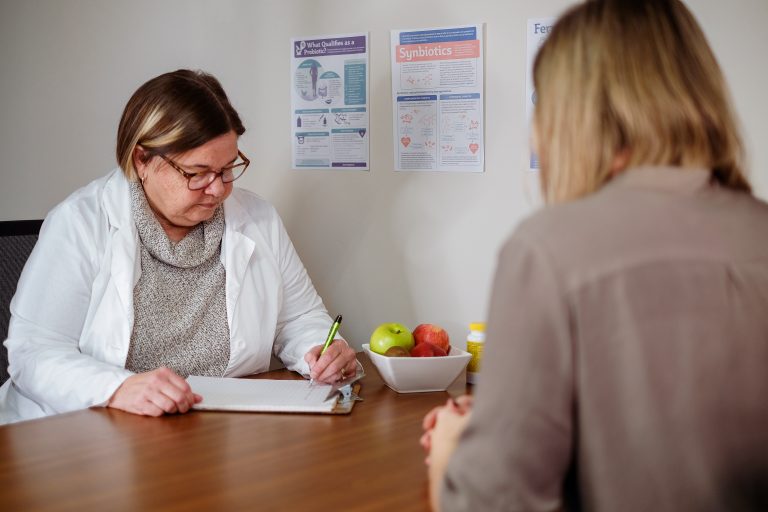
Planning a Biotics Study? New Publication Recommends Adding Diet as a Variable
Both dietary patterns and specific foods are known to affect the digestive tract environment, either directly or indirectly (for example, by shaping the gut microbiome),… -

ISAPP Board Member Prof. Dan Merenstein MD Elected to National Academy of Medicine
A longtime ISAPP board member, Prof. Dan Merenstein MD of Georgetown University School of Medicine, has received a prestigious honor:… -
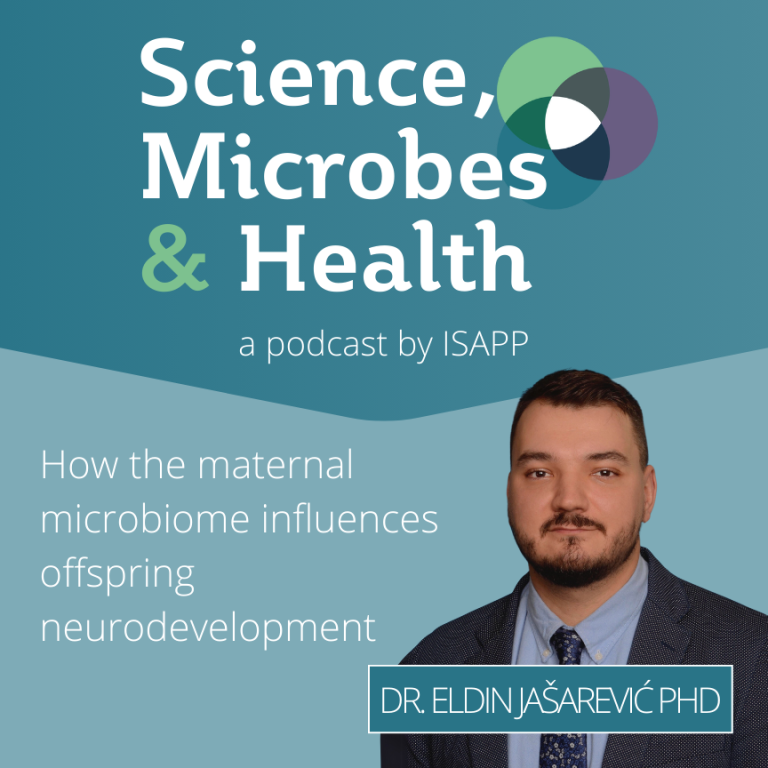
How the maternal microbiome influences offspring neurodevelopment, with Dr. Eldin Jašarević PhD
This episode features Dr. Eldin Jašarević PhD from University of Pittsburgh discussing research that investigates how maternal signals influence the… -
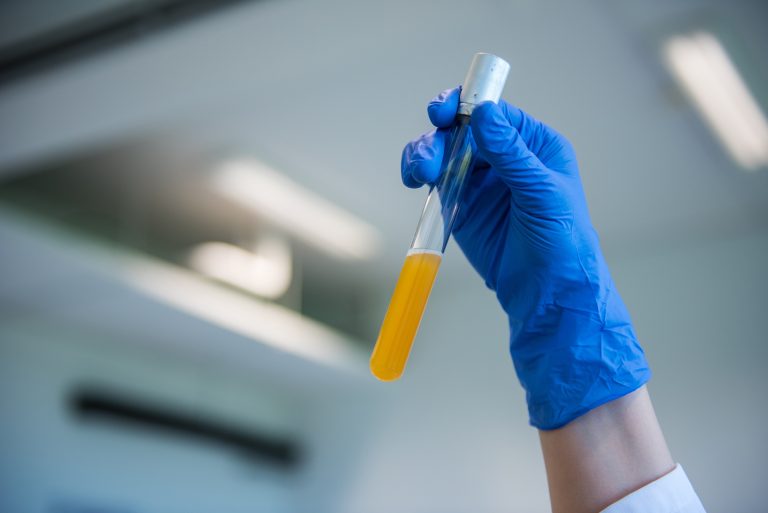
How do we know if a microbe is dead?
By Prof. Maria Marco PhD, University of California, Davis “Kills 99.9% of bacteria and viruses.” This percentage and others like… -
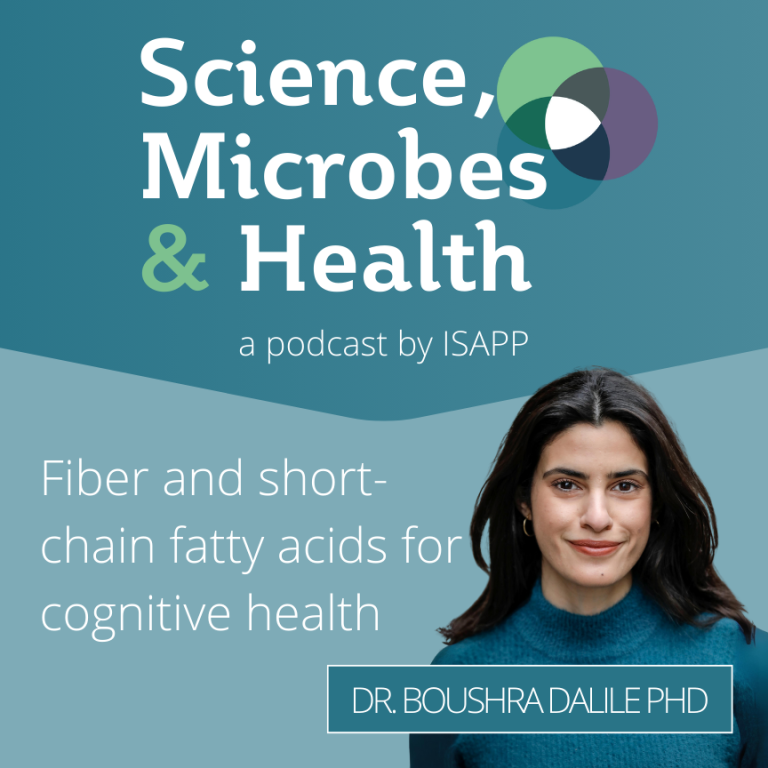
Fiber and short-chain fatty acids for cognitive health, with Dr. Boushra Dalile PhD
[powerpress] This episode features Dr. Boushra Dalile PhD from KU Leuven in Belgium – ISAPP’s 2024 Glenn Gibson Early Career… -

Can Probiotics Prevent Respiratory Tract Infections in Infants and Children?
Imagine you are a primary care pediatrician practicing in an area where respiratory tract infections (RTIs) are particularly common during…
